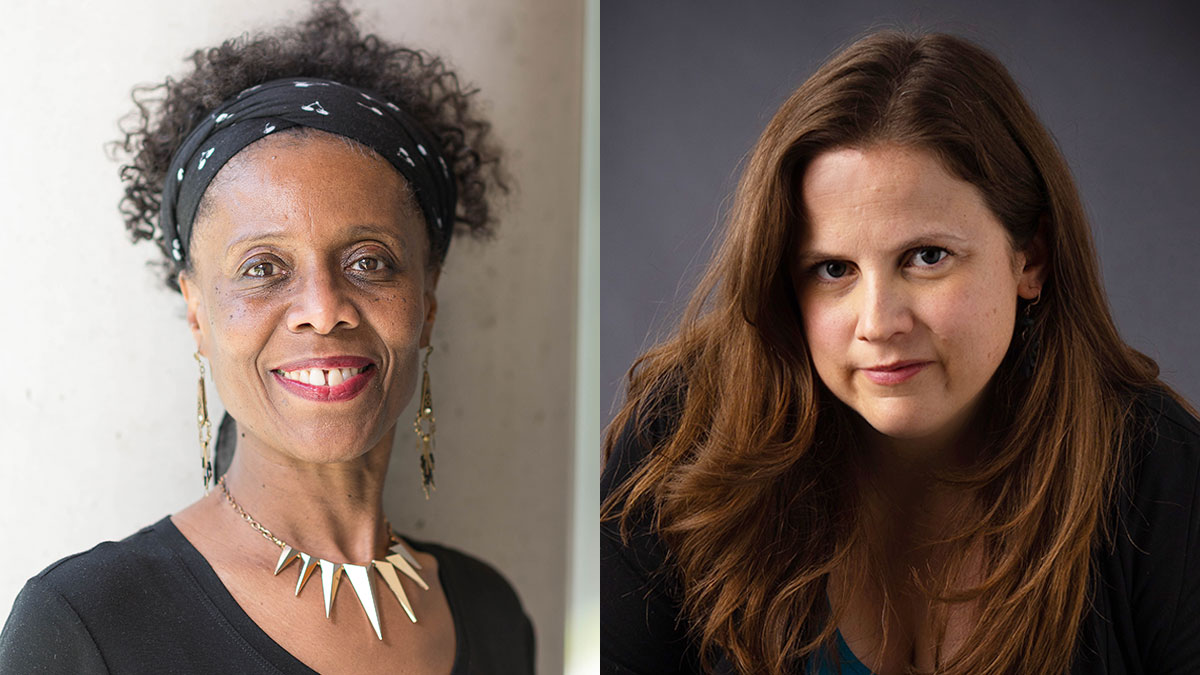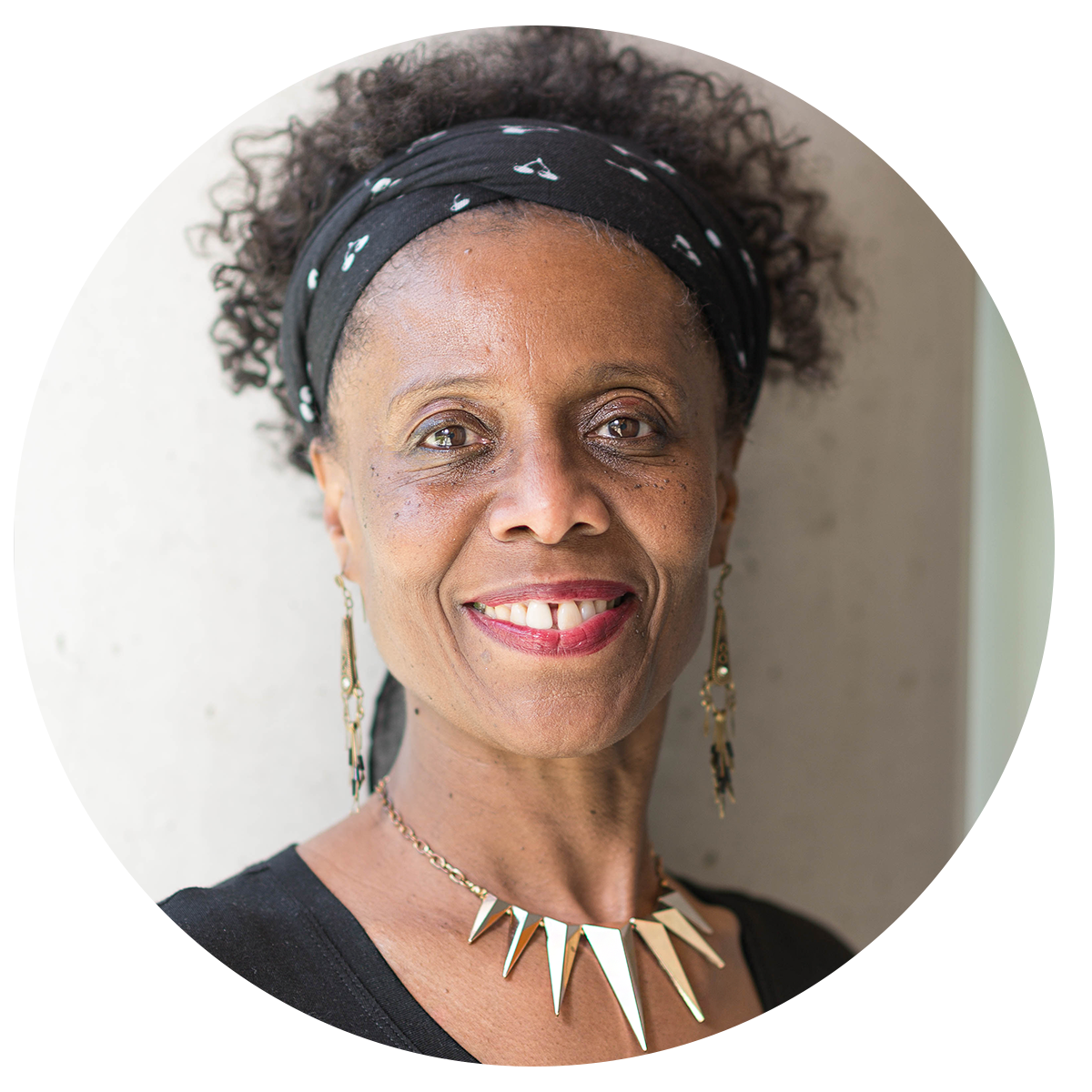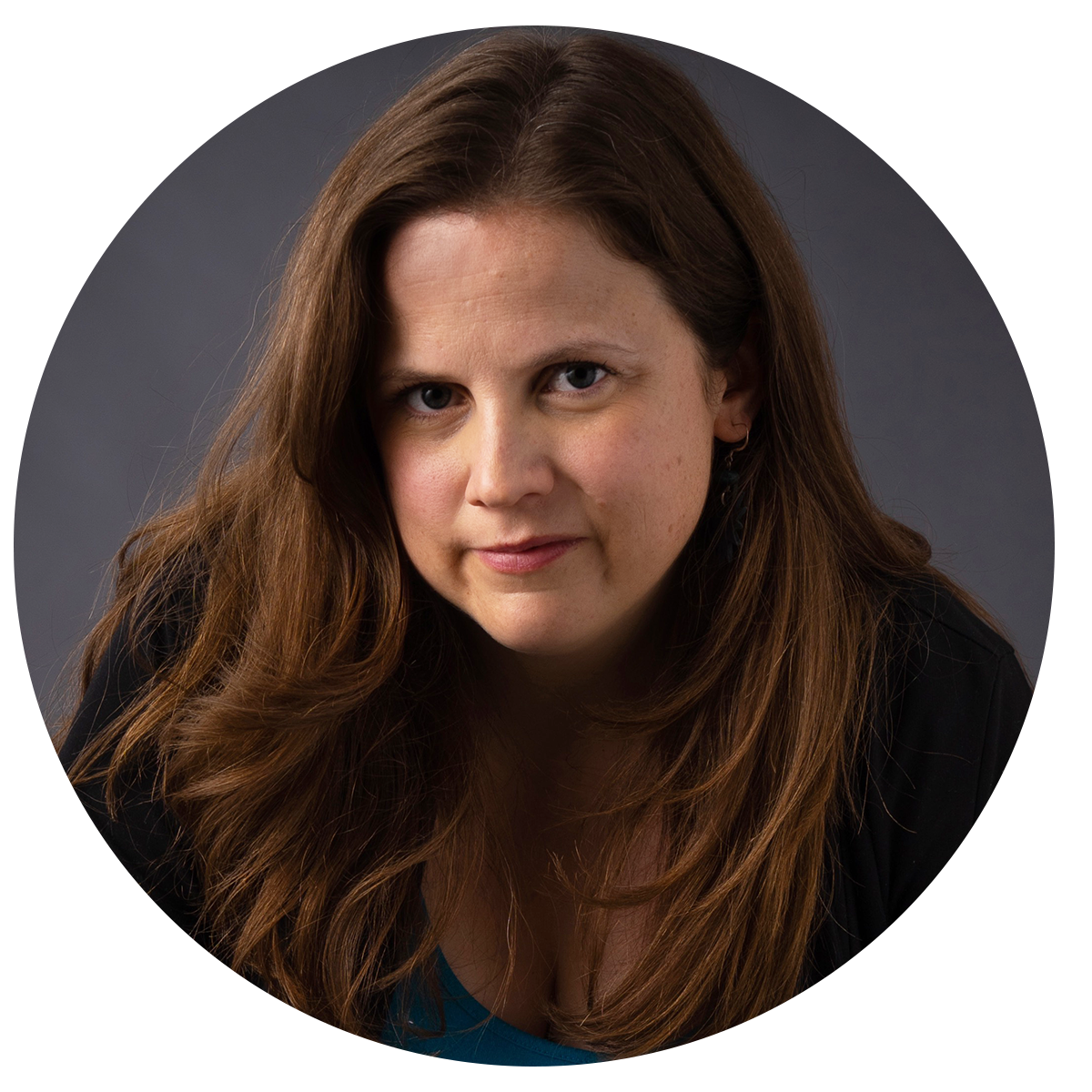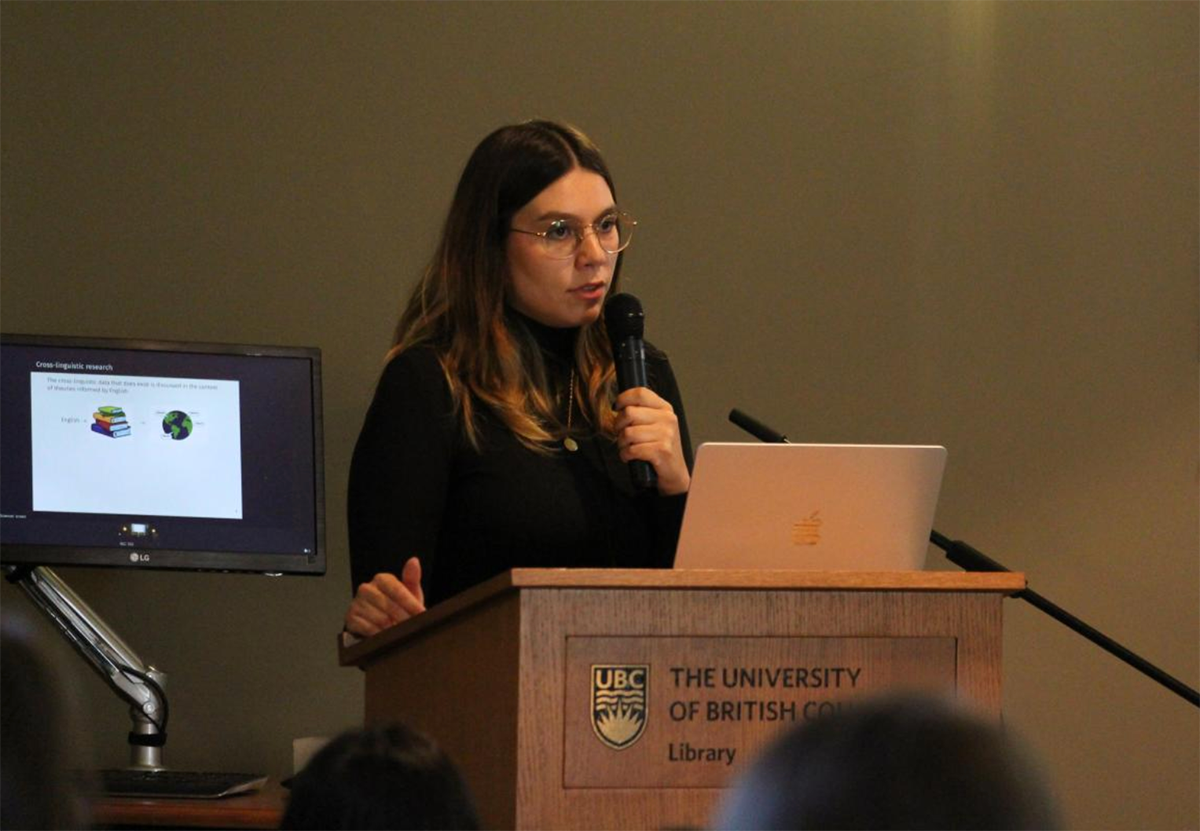

With March 8 being International Women’s Day, we asked two scholars from the Faculty of Arts to talk about their research, what it means for them to be feminists and scholars in their areas of expertise, and the biggest takeaways they’ve learned in the process.


Dr. Annette Henry (she/her)
Professor in the Institute of Gender, Race, Sexuality, and Justice (GRSJ)
Annette Henry is a Professor in the Department of Language and Literacy Education and cross-appointed to the Institute for Race, Gender, Sexuality and Social Justice. Her scholarship examines race, class, language, gender and culture in socio-cultural contexts of teaching and learning in the lives of Black students, Black oral histories, and Black women teachers’ practice in Canada, the U.S. and the Caribbean. She is the recipient of several academic awards, including the Canadian Association of University Teachers Equity Award, the Outstanding Contributions to Gender Equity Award from the American Educational Research Association, as well as awards from the community such as the Legacy Award from the National Congress of Black Women’s Foundation and being named a 100 Black commWomen honouree in 2022.
What inspired you to pursue your career path or area of expertise?
Throughout my entire education, from elementary school to graduate school, my teachers and professors did not address my realities or the realities of people in my culture and especially not the concerns of Black women or girls. This erasure led me on a path of being concerned with including those voices in the academic literature. For example, Black girls and literacy were not studied when I began my research, nor were the lives and practices of contemporary Black women teachers in Canada. Thus, those were my early scholarly contributions in the 1990s. Similarly, my work on Black Canadian women in leadership addresses another gap in the literature.
What does it mean to you to be feminist and scholar?
There are many feminisms. For me, Black feminism provides an intersectional framework to understand how the world works, how our daily experiences are structured by a matrix of dimensions (such as racism, sexism, classism, and ableism to name a few) from the positionality of Black women and girls in a society based upon white privilege. This lens informs the texts I choose for classes, the ways in which I teach and interact with students and the research methodologies I employ when working with participants, especially given that Black people have been dehumanized or misrepresented, or not represented at all, in educational research.
What are you researching right now that you’re excited about?
I am excited about my Black oral history project with people in British Columbia. This study allows me to meet wonderful people in the community and tap into the richness and diversity of Black diaspora in this region. The project will culminate with a publicly accessible digital archive as well as a range of writing.


Dr. Tara Mulder (she/her)
Assistant Professor of Teaching in the Department of Ancient Mediterranean and Near Eastern Studies
Tara Mulder received her BA in Classical Literature and Languages from the University of Michigan in 2009 and her PhD in Classics from Brown University in Providence, Rhode Island in 2015, with a dissertation entitled, “Fetal Actors, Female Bodies: Childbirth in the Roman Empire.” From 2015-2016, Tara worked as a visiting assistant professor at Wheaton College in Norton, Massachusetts, and from 2016-2019, she was a visiting assistant professor at Vassar College in Poughkeepsie, New York. Tara joined the faculty at UBC in 2019.
Who inspired you to pursue your career path or area of expertise?
I had a fantastic professor during my undergrad at the University of Michigan, Ruth Rothaus Caston, who inspired me to become a university instructor. But the inspiration for my research came earlier. My mother is a midwife and she started taking me to home births when I was seven. Early on, I saw the deep feminist implications of how we give birth. I decided to investigate the history of pregnancy, abortion, childbirth, and midwifery going back to the ancient Mediterranean world.
What does it mean to you to be feminist and scholar?
There is the feminism of my research and then there is the feminism of my practice. You can’t just do feminist research and call yourself a feminist scholar. You need to examine all aspects of your work: are you supporting efforts of graduate students to unionize or make fair wages? Are you fighting for extension of paid family leave? What are you doing for contingent faculty in your department and at your university? These are as important as your area of research or teaching.
What are you researching right now that you’re excited about?
In the wake of the Dobbs v. Jackson Supreme Court decision in the United States, I’ve been exploring the (mis)use of history by anti-abortion crusaders in the ancient Greco-Roman world and today. Essentially, at points in history where people have attempted to criminalize abortion—whether in the early 3rd century CE when it was first made illegal in Rome, or in 2022 in the United States— they have egregiously misused history to suit their own ends.
You’re working on a monograph entitled A Womb of One’s Own: Childbirth in Ancient Rome. What advice or takeaway would you like to share with women?
One takeaway from my book is that masculine attempts to control obstetrics and gynecology start much sooner than people think. The general narrative is that men started taking over childbirth around the seventeenth century and before that time, female midwives had control. But male-authored midwifery and gynecological manuals that aimed to control women’s behaviour go back to ancient Greece and Rome.


